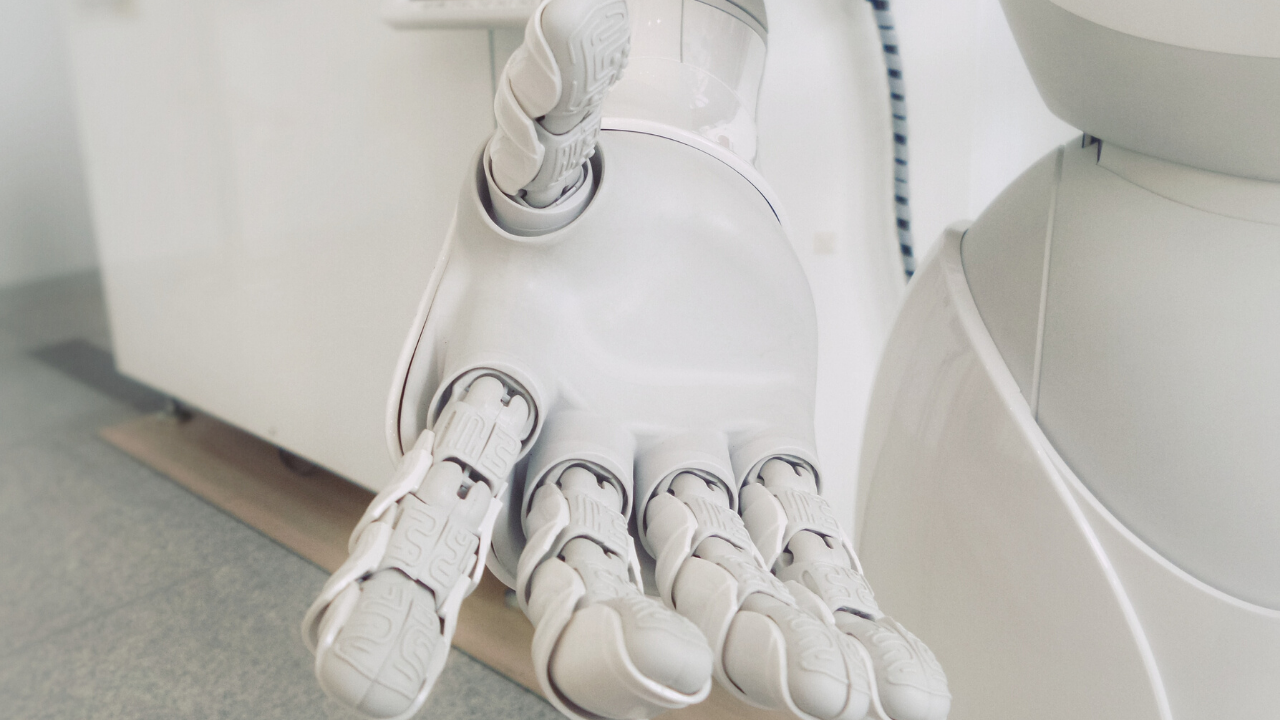As we inch closer to a new decade, talent leaders are facing numerous challenges such as talent shortage, a lack of inclusion and diversity and more. With this, human resources professionals should be aware of the upcoming HR tech trends in order to combat these issues.
First, artificial intelligence (AI) will have a major impact on employee and candidates’ experiences. AI will have the ability to take over menial tasks and allow workers to work on more challenging projects.
Additionally, the growth of remote and flexible workers will help increase the amount of on-demand platforms.
“As more and more companies adopt remote work options and increased flexibility for employees, HR technology must adapt to the changing workforce by becoming more accessible and convenient for these dispersed teams,” said Tom Griffiths, CEO of training program Hone. “On-demand, online platforms will become increasingly relevant and legacy software must adapt to these new use cases.”
Furthermore, the role of diversity recruiters will become obsolete as companies realize that hiring diverse talent should be included in the overall hiring process.
Technology will play a role in boosting transparency among managers and employees. Employers will start utilizing technology to create an open dialogue with their workers to receive honest feedback and find value in their employees’ feedback.
Company culture is also expected to play a huge part in attracting and retaining talent. Today’s workforce expects their company to put their wellbeing first. This means offering meaningful benefits, such as parental leave and flexible work hours, as well as better career advancement opportunities.



 Dr. Gleb Tsipursky – The Office Whisperer
Dr. Gleb Tsipursky – The Office Whisperer Nirit Cohen – WorkFutures
Nirit Cohen – WorkFutures Angela Howard – Culture Expert
Angela Howard – Culture Expert Drew Jones – Design & Innovation
Drew Jones – Design & Innovation Jonathan Price – CRE & Flex Expert
Jonathan Price – CRE & Flex Expert











